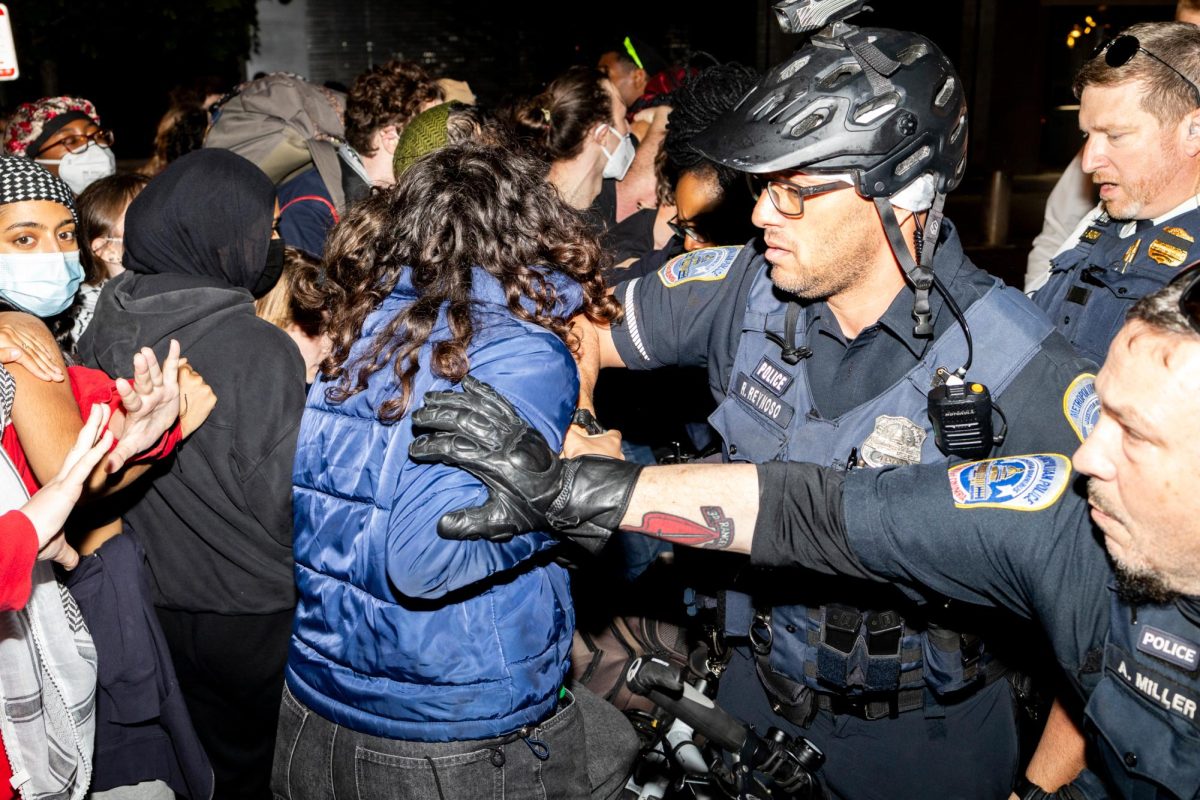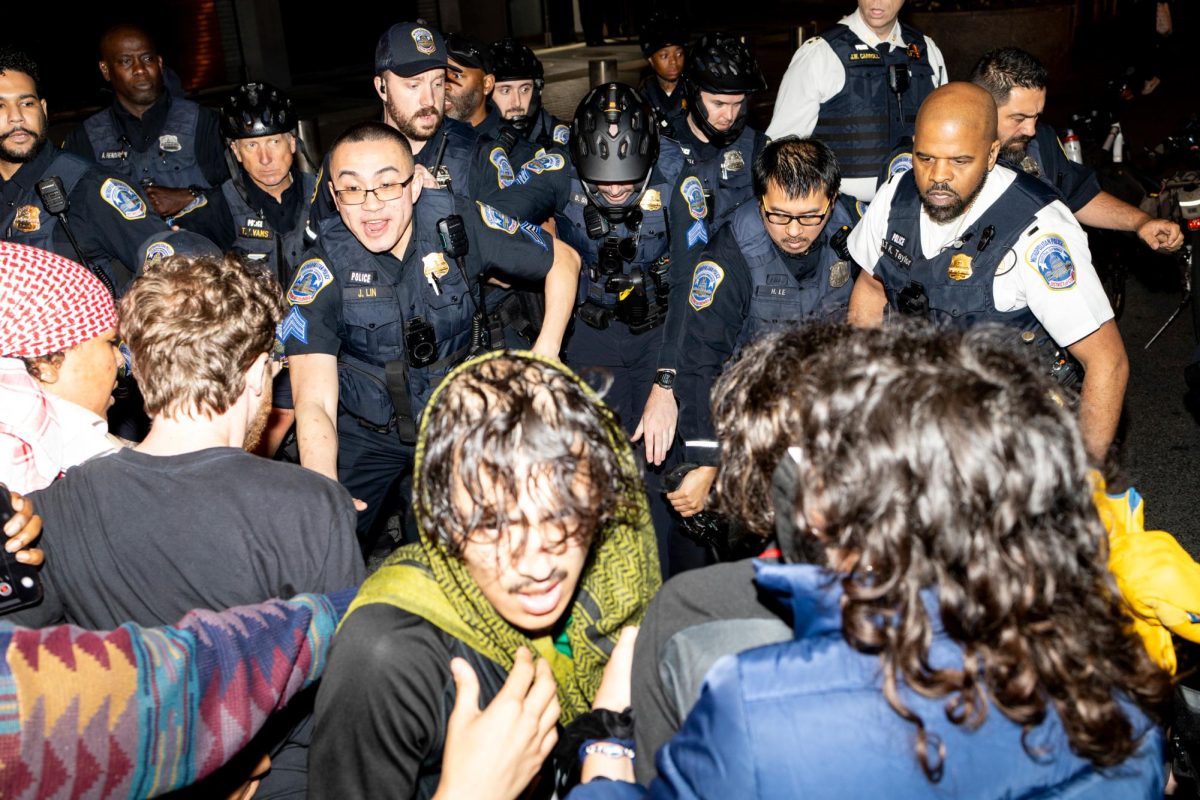GW officials came under fire last year after the University removed former student Jordan Nott from housing and barred him from campus after he met with counselors for his depression.
About 15 months after Nott filed a lawsuit against GW for what he called unfair treatment of mental patients, Cho Seung-Hui, a student at Virginia Tech, brutally shot 32 students and faculty members in the deadliest mass shooting in U.S. history.
The two cases of Nott and Cho have a common thread: both students were labeled as dangers to themselves or others.
While there were similar evaluations of the two students, the response from each university was very different. GW effectively kicked Nott out of school while Cho received temporary detention and then continued as a student at Virginia Tech.
In the week since the shooting in Blacksburg, Va., GW has been in the news because of the Nott lawsuit and the enlivened debate surrounding schools’ policies involving mental health cases. University President Stephen Joel Trachtenberg discussed the difficulty in assessing students’ mental health and the safety of a college campus on CNN, Fox News and even an op-ed in The Washington Post.
“What we have here is a conflict,” Trachtenberg said in an interview with The Hatchet last week. “You have a conflict between the rights of the individual and the rights of the community. And what you’re searching for is balance.”
Nott filed the lawsuit against GW because he said University Counseling Center and GW Hospital officials shared his personal medical information with administrators. While in the hospital, Nott received various letters from administrators informing him that he was in violation of the University’s endangering behavior policy.
He said the personal information, which he alleged was unlawfully disclosed to administrators, led to his barring from campus and eviction from University housing. In his lawsuit in D.C. Superior Court, Nott alleged that GW policies are discriminatory towards students who seek mental aide.
Nott has since finished his undergraduate work at the University of Maryland. Nott and GW settled the lawsuit in November 2006 for an undisclosed sum.
Director of Media Relations Tracy Schario said the issue is a complex one.
“I think (President Trachtenberg) stated it best:people are thinking that this is black and white, but it is not,” she said.
When a student shows signs of being dangerous to himself or others, Schario said it is incumbent on the University to protect its campus.
“You do have to look at the bigger issues, particularly when the student is living in a residence hall,” Schario said. “Acts have an effect not only on them but other members of the community.”
Both Schario and Trachtenberg defended the University’s actions in the Nott lawsuit.
“The University got hammered when we took action … But we stand by our decision,” Schario said. “It was in the best interest of the students and those around him.”
According to news reports, a Virginia court ordered that Cho Seung-Hui undergo a mental evaluation after two women in December 2005 accused the student of sending them excessive instant messages. The court labeled Cho as being dangerous to himself and others. Cho was required to take a temporary detention and was given outpatient care.
Even before Nott’s $100,000-plus lawsuit was filed in 2006, GW was reviewing and rewriting its policy for removing students, Schario said. The new program, which she said will likely be instituted in the fall, adds more administrative oversight to the medical mental health withdrawal procedure.
“The goal is always, always to work with the students and the family, if involved, to determine the best course of treatment for that incident,” Schario said. “Sometimes, that is to take a leave of absence.” Schario said she could not comment on the details of the revised policy.
Trachtenberg described the new program as one being more personable and being conducted in a “more therapeutic environment.”
Both Trachtenberg and Schario declined to comment on Virginia Tech’s handling of Cho’s mental health status or how the university responded to various court orders.
“What it comes down to is that you’ve got to do the right thing and live with your decision,” Trachtenberg said. “In this world, many of us make a decision without having total data. You have to come to a judgment doing the best you can with the information available to you at the time.”
-David Ceasar contributed to this report.







